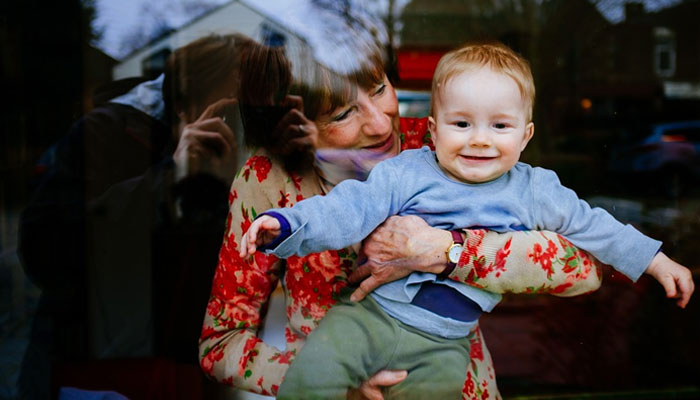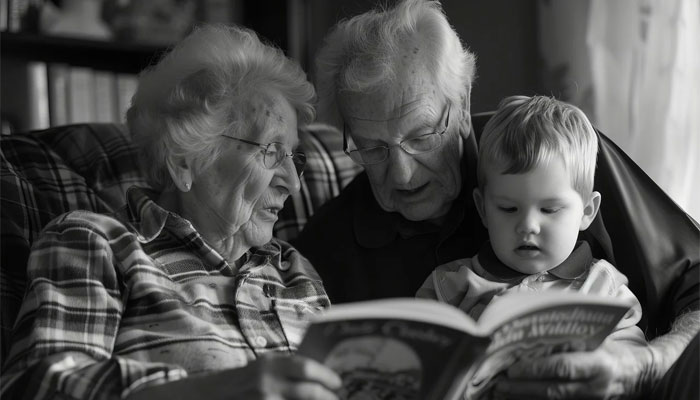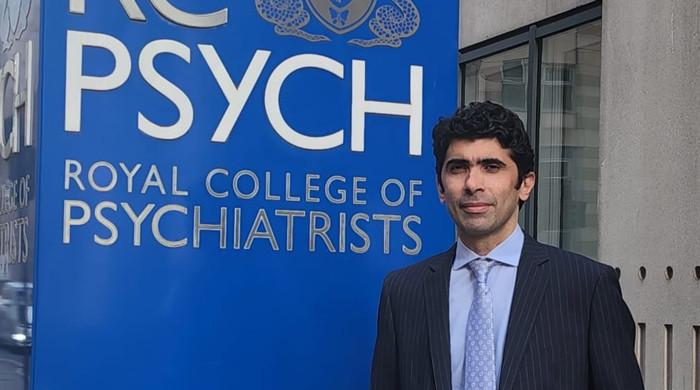Grandparents' support can reduce depression in mothers: study
Researchers noted use of antidepressants was highest in moms whose parents and in-laws lived far away or were old
February 18, 2024

It indeed takes a village to raise a child, but the involvement of grandparents can make the overwhelming experience of parenthood much more tolerable, especially for mothers.
Finnish researchers have found that grandparents' support and help can significantly reduce depression in mothers, highlighting their significant role in their mental health, CNN reported.
This, in turn, reduces the likelihood of mothers taking antidepressants.
Based on a study that tracked 488,000 mothers of young children in Finland, researchers noted that the use of antidepressants was highest in moms whose parents and in-laws lived far away or were old and ailing.
"Previous studies have consistently shown that younger grandparents in good health are more likely to provide support and childcare," said study co-author Niina Metsä-Simola, a researcher at the University of Helsinki.
"Having an old and frail grandparent may even place an additional burden on mothers as they cannot expect to receive support from such grandparents, but instead need to continue providing support upwards," she added in a news release from the journal's publisher.

The depression effect was most pronounced in women who separated from their partners between 2000 and 2014, because these women often have custody of their child and may need relatives' help, according to Metsä-Simola.
"Mothers in such a situation may need to take on additional work, affecting their need for childcare, and may even need to move home," she said.
The study, published in the journal Population Studies, suggests that single parents of young children may experience a significant mental health impact, which might explain why grandparents' support was "particularly relevant" for separating mothers' mental health.
Finland and other Scandinavian countries offer mothers universal access to health, social services, affordable childcare, education, and low-cost housing with care.
Still, researchers discovered a correlation between grandparents' proximity, age, and health and mothers' use of antidepressants.
"Our study suggests that support exchanges across generations matter for mothers' mental health, even in the context of a Nordic welfare state where all parents — including single parents — benefit from generous institutional support," Metsä-Simola said.
Researchers found no direct measure of intergenerational support, unable to determine grandparents' childcare involvement.
They suggest future studies investigate the impact of parents' and in-laws' support on depression in childless women.











